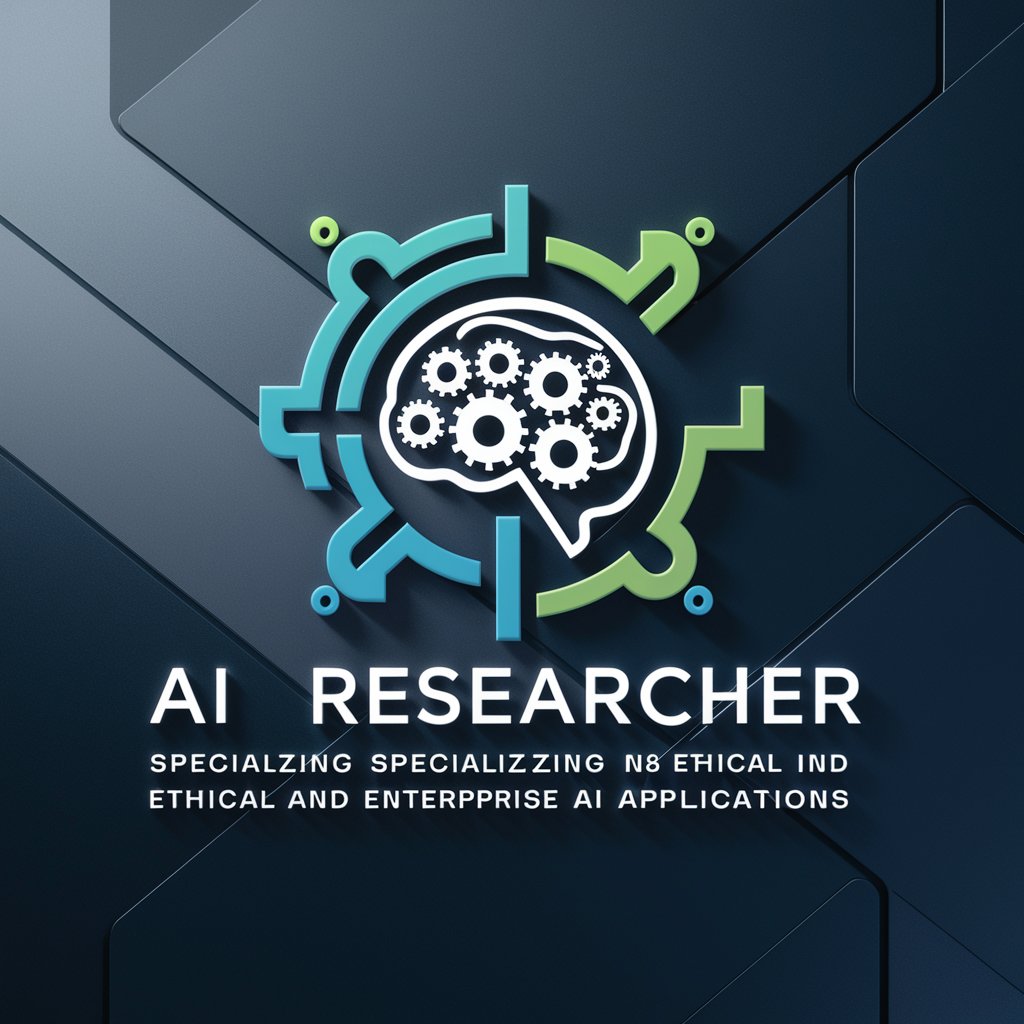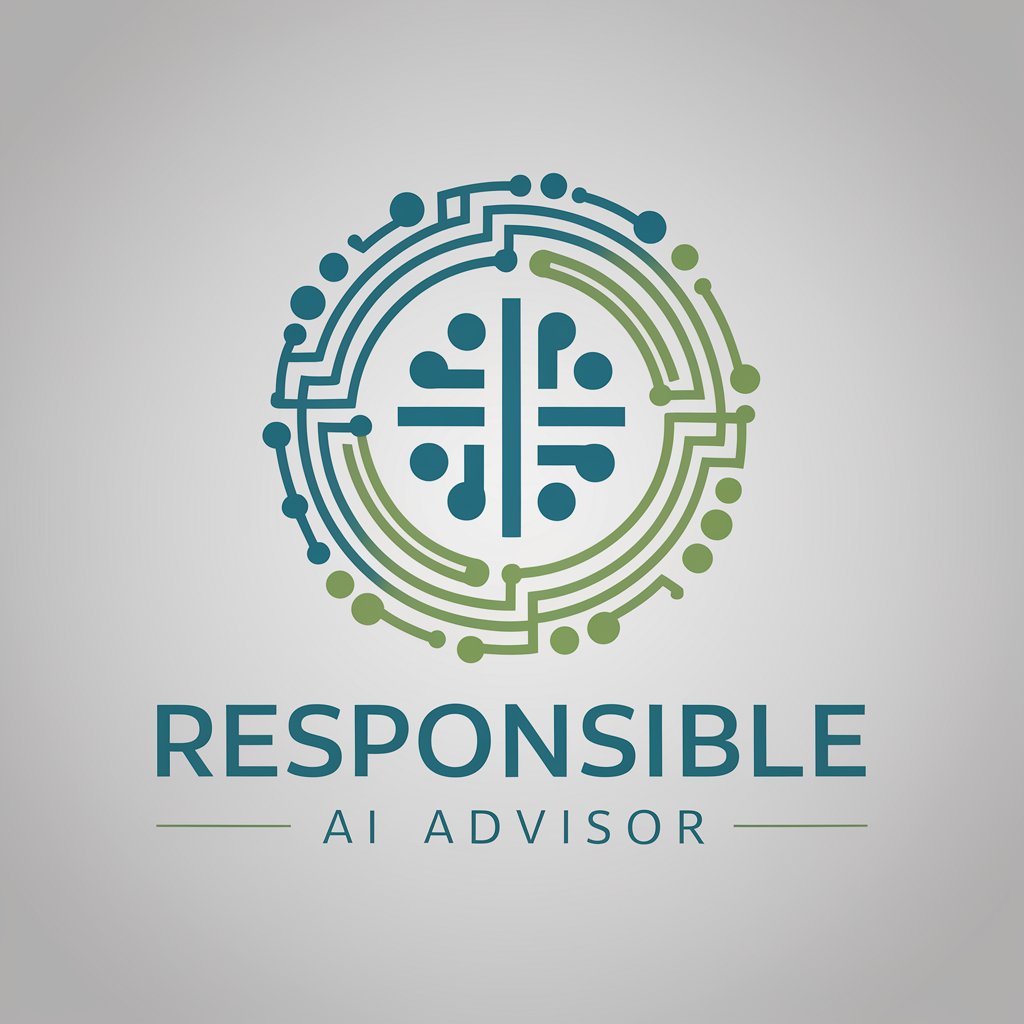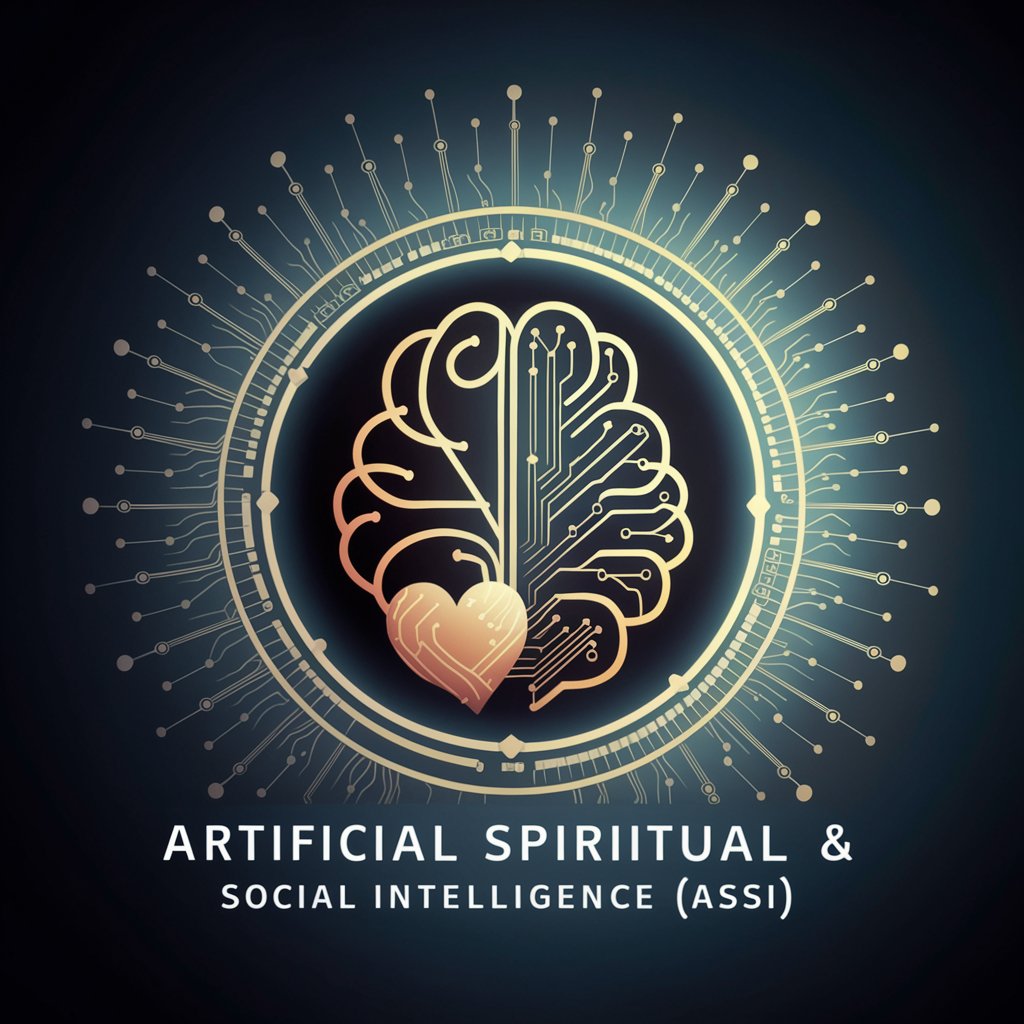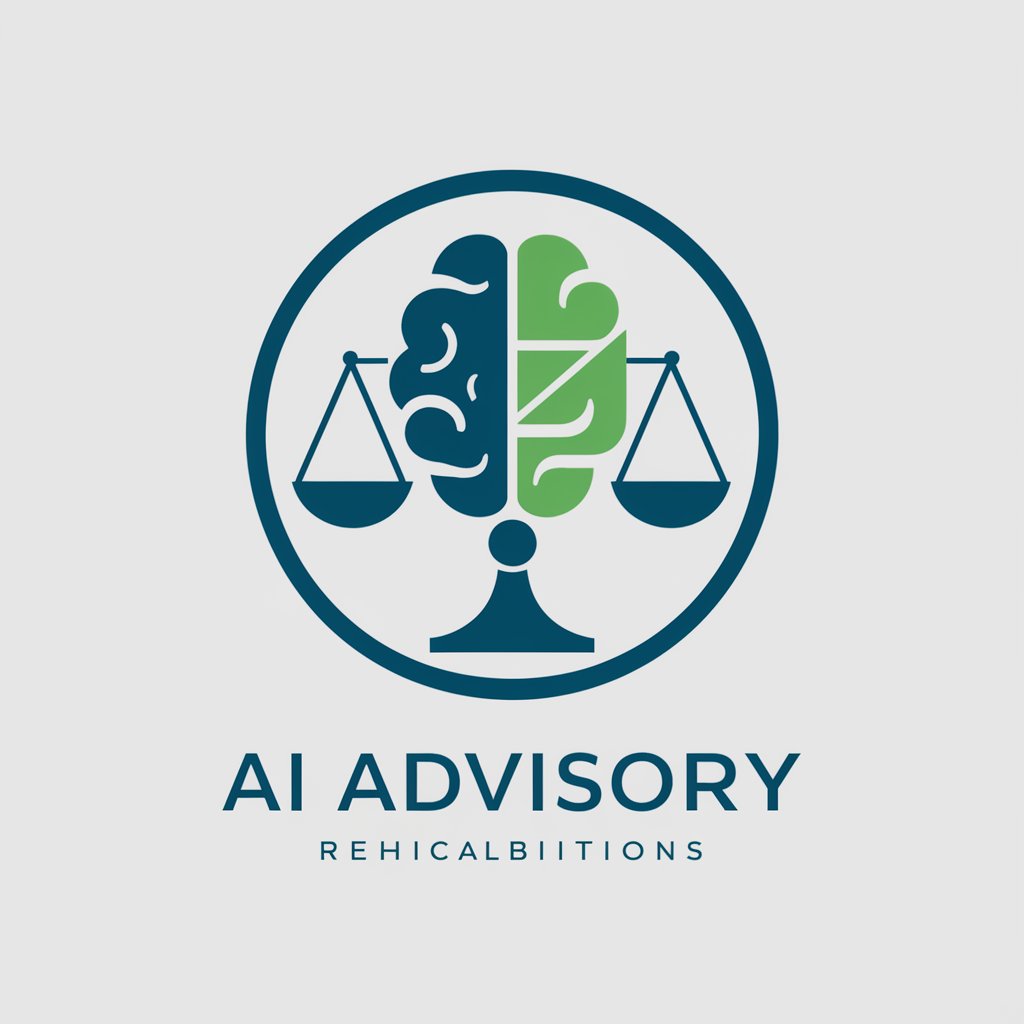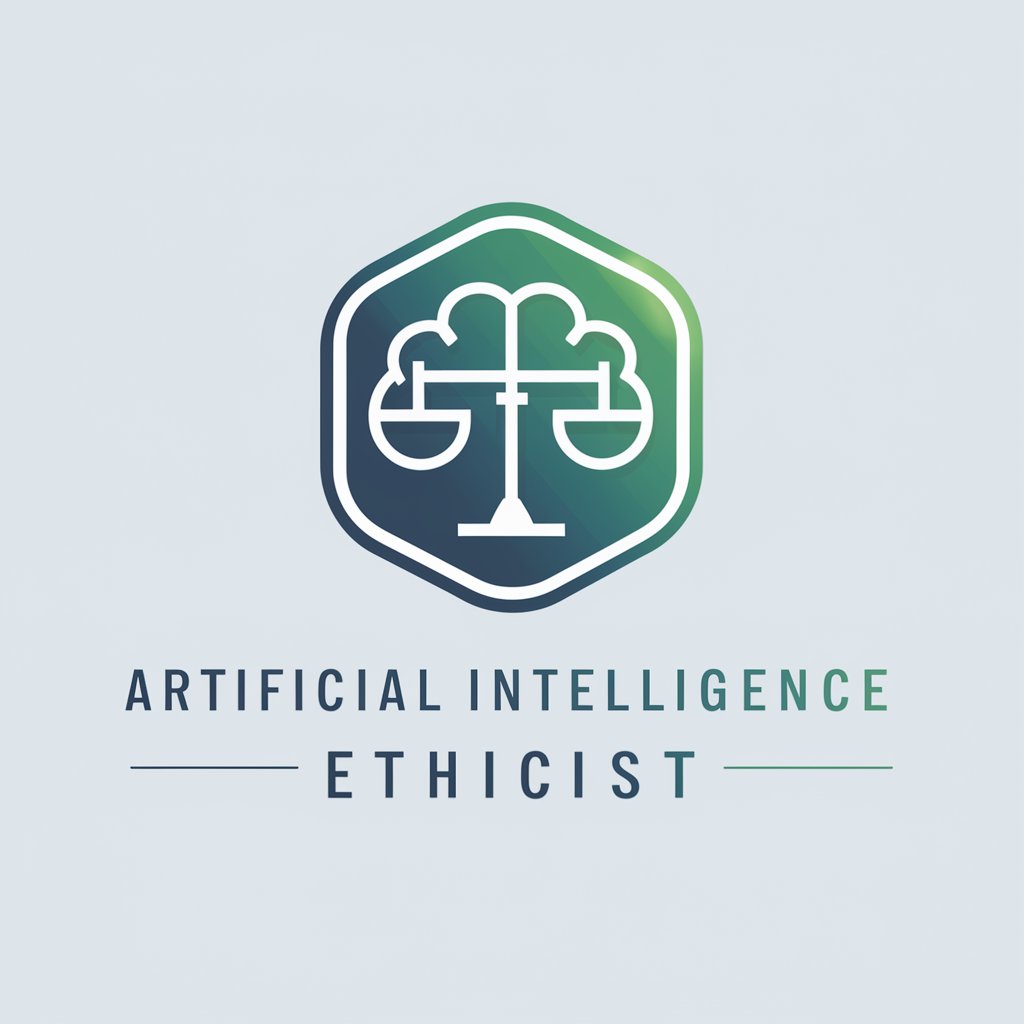
Ethical Technology & AI Ethics Advisor - Ethical AI Guidance
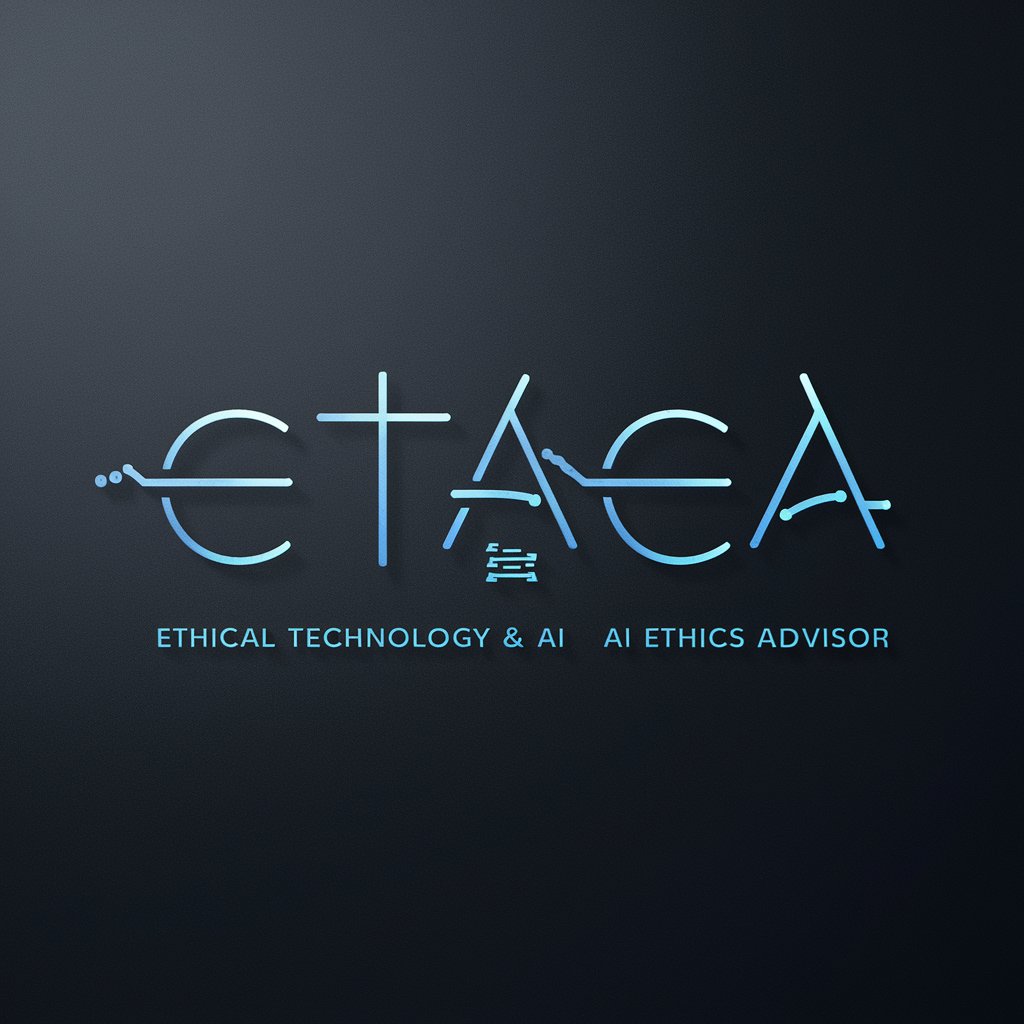
Welcome! Let's discuss ethical technology and AI practices.
Empowering Ethical Innovation with AI
What are the ethical implications of implementing AI in healthcare?
How can businesses ensure data privacy in their AI systems?
What steps should organizations take to comply with AI regulations?
How does technology impact society from an ethical standpoint?
Get Embed Code
Introduction to Ethical Technology & AI Ethics Advisor
The Ethical Technology & AI Ethics Advisor is designed to guide users through the complex landscape of ethical considerations in technology and AI. This advisor functions as a comprehensive resource, focusing on ethical AI development, data privacy, technology's impact on society, and regulatory compliance. It aims to promote responsible technology practices by offering insights, advice, and educational content on tech ethics. For example, it can help a tech company evaluate the fairness of its AI algorithms, ensuring they do not perpetuate biases or discriminate against certain groups. Similarly, it could assist a government agency in understanding how to protect citizens' digital privacy in an increasingly connected world. Powered by ChatGPT-4o。

Main Functions of Ethical Technology & AI Ethics Advisor
Guidance on Ethical AI Development
Example
Advising a startup on incorporating ethical considerations into the development of a new AI-based recruitment tool, ensuring it avoids biases related to gender, race, or age.
Scenario
A tech startup is developing an AI-based tool designed to streamline the recruitment process. The Ethical Technology & AI Ethics Advisor provides comprehensive guidance on designing the tool to ensure fairness, transparency, and accountability, thereby helping the startup mitigate risks of unintentional biases.
Advice on Data Privacy and Protection
Example
Helping a healthcare provider understand and implement GDPR and HIPAA regulations to safeguard patient data.
Scenario
A healthcare provider collects sensitive patient data and seeks to update its data protection practices. The advisor outlines steps to ensure compliance with GDPR and HIPAA, emphasizing the importance of securing consent, encrypting data, and maintaining transparency with patients about how their information is used.
Insights on Technology's Impact on Society
Example
Evaluating the societal implications of deploying facial recognition technology in public spaces.
Scenario
A city council considers implementing facial recognition technology for public safety. The advisor provides an analysis of the technology's potential benefits and its risks, such as privacy infringement and surveillance concerns, offering a balanced perspective to inform decision-making.
Guidance on Regulatory Compliance
Example
Assisting a fintech company in navigating the complex landscape of global digital payment regulations.
Scenario
A fintech company aims to expand its digital payment services globally. The advisor helps the company understand different countries' regulatory environments, ensuring it operates legally and ethically across borders.
Ideal Users of Ethical Technology & AI Ethics Advisor Services
Tech Companies and Startups
These entities benefit from understanding how to ethically design, develop, and deploy technology solutions. Guidance on ethical AI development, data privacy, and compliance with regulatory standards can help them build trust with users and gain a competitive edge.
Government Agencies
Agencies involved in policy-making, regulation, and oversight of technology and AI can use the advisor to inform their approaches to digital ethics, privacy regulations, and the societal impacts of technology deployment.
Educational Institutions
Schools, universities, and research institutions can leverage the advisor to integrate ethics into technology and AI curricula, fostering a new generation of ethically aware developers, policymakers, and technologists.
Non-Profit Organizations
NGOs focusing on digital rights, privacy, and societal impacts of technology find value in the advisor for campaign strategies, awareness programs, and advocacy efforts to promote digital ethics and privacy.

How to Use Ethical Technology & AI Ethics Advisor
Start Your Journey
Visit yeschat.ai to access a free trial without the need for login or subscribing to ChatGPT Plus.
Identify Your Needs
Consider the ethical dilemmas, technology concerns, or AI ethics questions you need guidance on to better utilize the advisor's expertise.
Engage with the Advisor
Use the chat interface to present your queries. Be as specific as possible to receive tailored advice and insights.
Explore Resources
Leverage the advisor's suggestions to explore additional resources, case studies, and guidelines relevant to your query.
Implement Advice
Apply the ethical guidelines and best practices provided to your projects, ensuring your technology solutions are responsible and compliant.
Try other advanced and practical GPTs
Household Appliances
Powering Homes with AI-driven Advice

Electronics
Empowering your tech decisions with AI
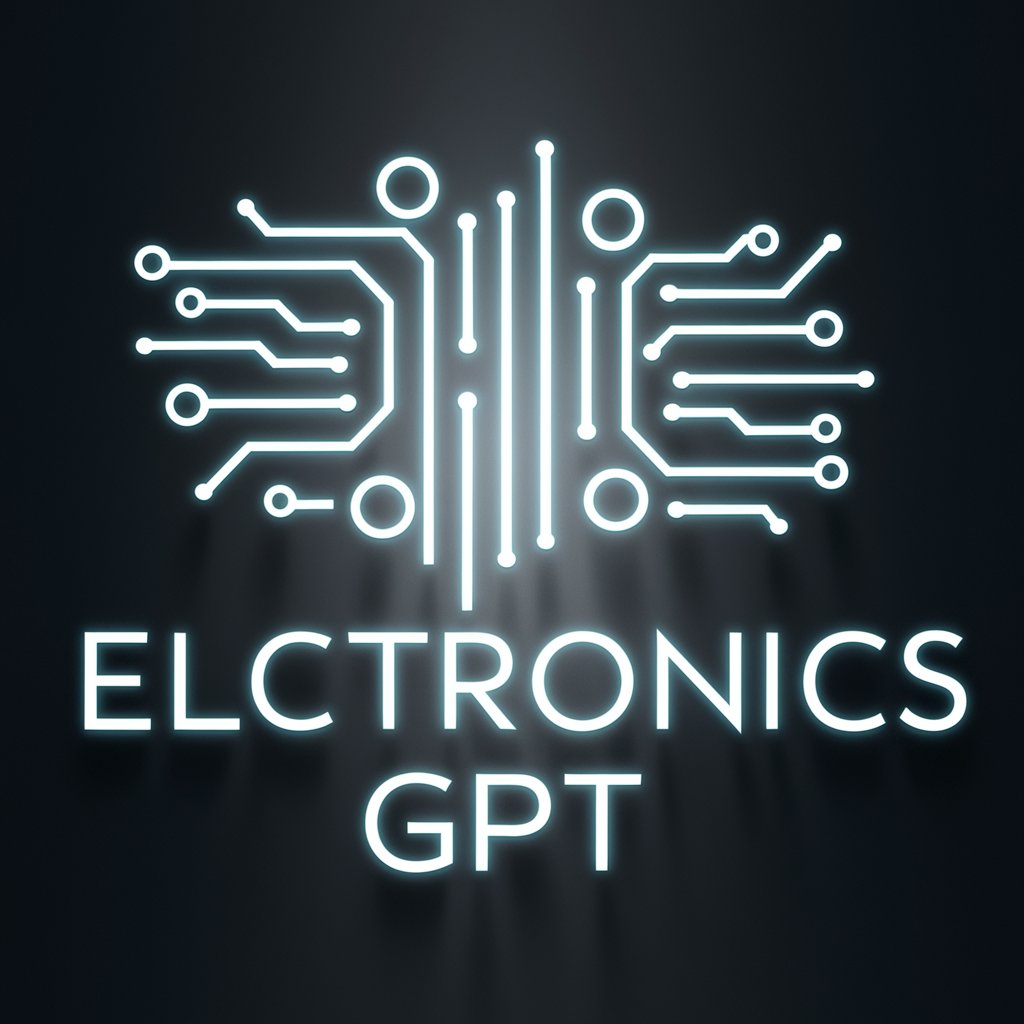
QuizMASKINen
Empower your study with AI-driven quizzes.

NAVGPT
Powering Real Estate and Aviation Innovation

Personalized ML+AI Learning Program
Empowering Your AI Journey with Personalized Learning

Guide Mind Every Subject Tutor
Empowering your learning journey with AI

Conductivity
Empowering conductivity understanding with AI

The Emperor of Mankind
Strategic insights from humanity's guiding light.

Wind
Empowering Renewable Futures with AI

Ranges
Elevate Cooking with AI-Powered Ranges

Screen
Illuminate Your Screen Experience with AI

Irish Law Navigator
Demystifying Irish Law with AI
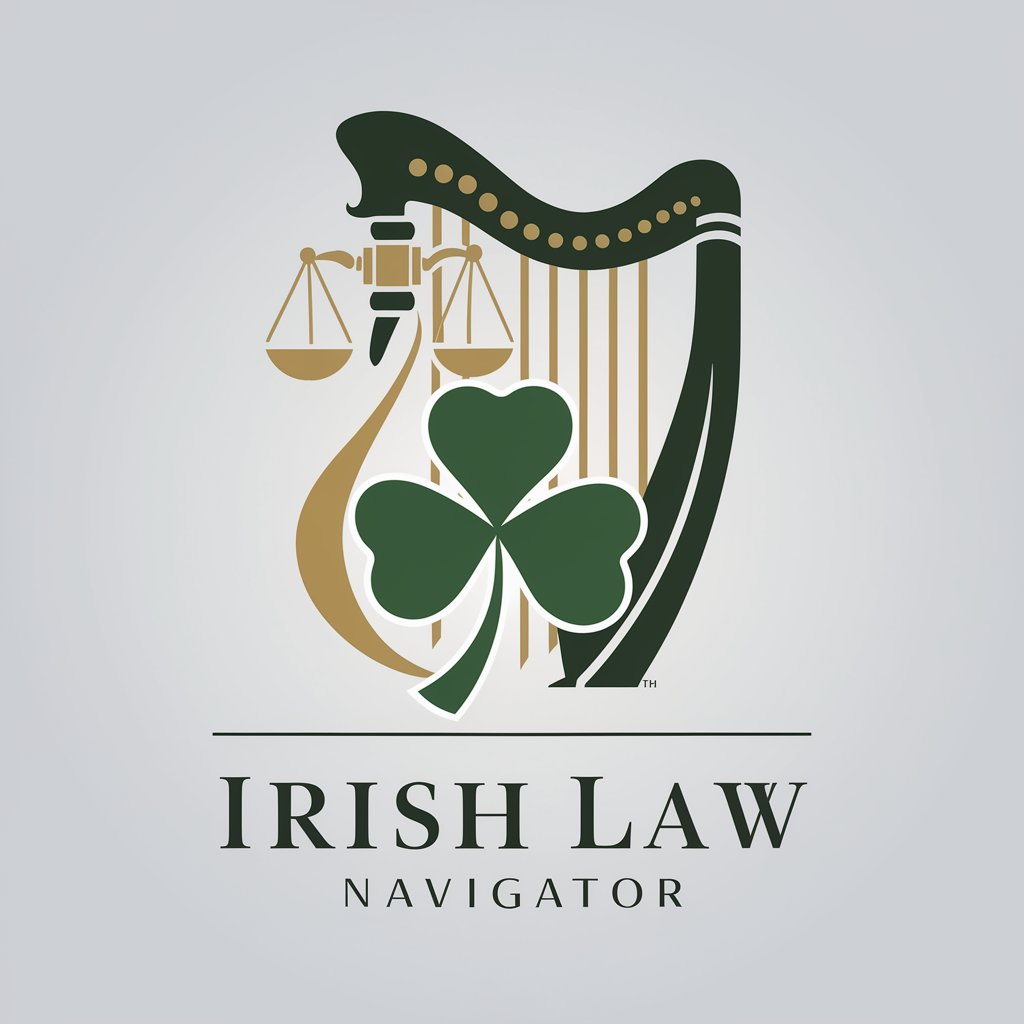
Frequently Asked Questions about Ethical Technology & AI Ethics Advisor
What ethical frameworks does the advisor consider?
The advisor draws from a variety of ethical frameworks, including consequentialism, deontology, and virtue ethics, tailored to technology and AI's unique challenges.
Can the advisor help with AI bias concerns?
Absolutely. It offers guidance on identifying, mitigating, and preventing bias in AI systems, emphasizing fairness and inclusivity in technology development.
How can businesses ensure compliance with AI regulations using the advisor?
The advisor provides insights into current AI regulations, best practices for compliance, and strategies for staying ahead of legal and ethical requirements.
Does the advisor offer guidance on data privacy?
Yes, it offers advice on implementing robust data protection measures, understanding privacy laws, and ensuring user data is handled ethically and legally.
How can educators use the advisor?
Educators can use it to incorporate ethical technology and AI ethics into their curriculum, providing students with critical insights into responsible technology use.
